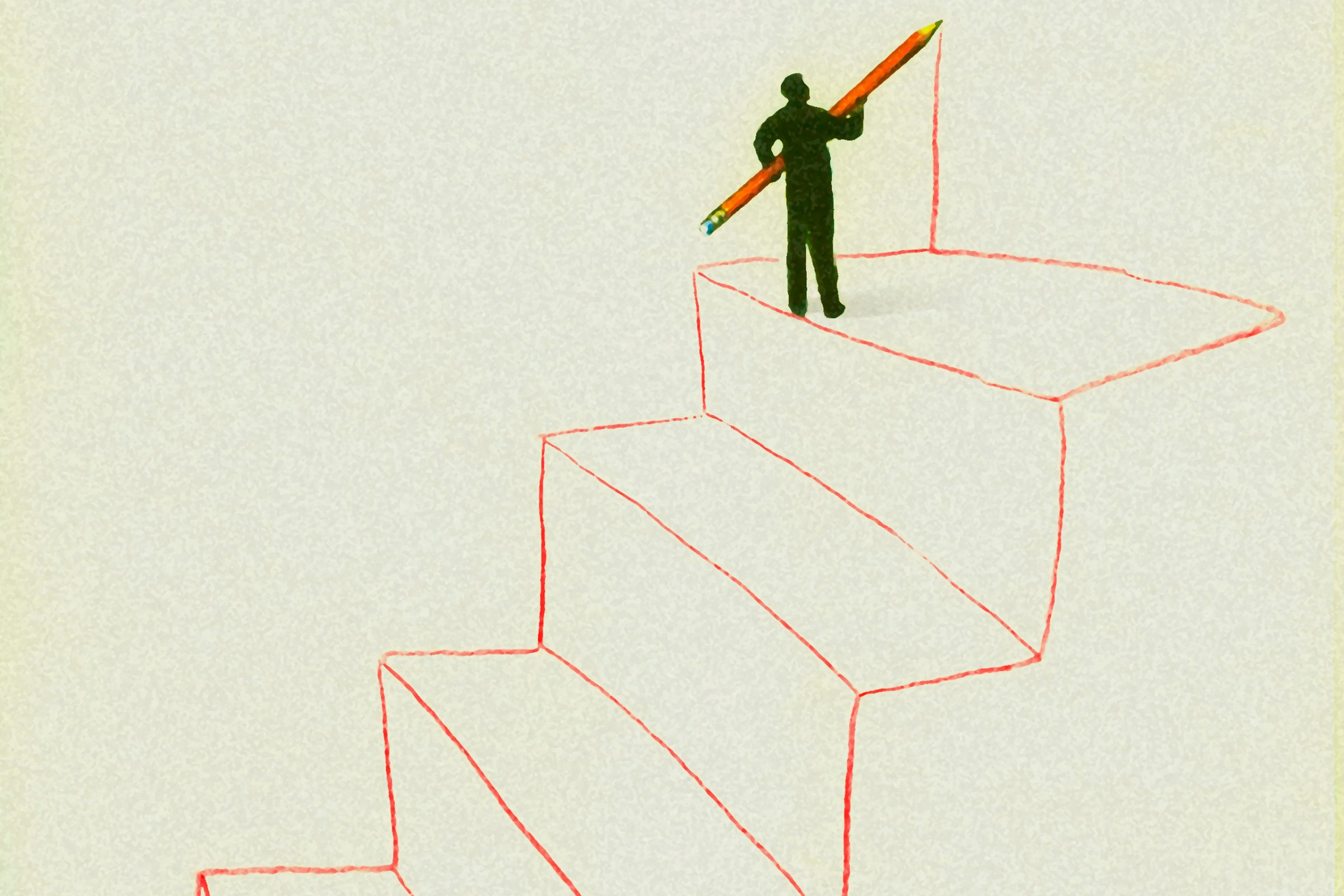
Growing up, I was the kid more likely to play video games for eight hours than to do any of my homework. I didn’t have the “all-American” work ethic and drive for greatness. Why couldn’t I get motivated like everyone else?
A few years ago, I was facing a bigger roadblock than homework. I wanted to exercise—and knew that I should—but I couldn’t get myself moving. I remembered a book I’d recently read about creative problem-solving called Thinkertoys by Michael Michalko. One of the suggestions he provided was called “false faces,” where he asked the reader to consider the opposite of the problem they’d been stuck on in order to expand the mind and open up a broader spectrum of possibilities.
My problem at the time was that I couldn’t get myself to exercise. I felt unable to rise to the challenge of even 30 minutes. On a whim or out of desperation — I don’t remember which — I put false faces to the test.
“Okay, this exercise challenge feels like scaling Mount Everest, so what if I tried the opposite? How about doing one push-up?”
It seemed like a waste of thought, as I knew that just one push-up was surely a waste of my time. After all, even in my lowly state, I could do more than a single push-up. A few minutes later, after struggling to get moving on the 30-minute workout, I caved and decided to do one push-up just to see what happened.
I worked out for 30 minutes.
I had been researching personal development for 10 years at this point, and this blew my mind. I had never overcome this level of resistance before, and I had never heard of something so trivial actually making a difference.
From that day on, I decided to do at least one push-up a day.
After six months of at least one daily push-up, I realized something strange. My baseline resistance to exercising had declined significantly. By mid-2013, I knew I could manage going to the gym consistently, and I continue to go consistently today.
I think we’ve all heard about small steps, and their power is not to be underestimated. Still, this shift in attitude felt like something else. My daily push-ups changed my brain. My one push-up a day became a mini habit, and habits are amazing for making chore-like tasks into natural, semi-automatic behaviors.
Looking to live better? Sign up for TIME’s guide to building better habits.
As I’ve learned more about mini habits, I’ve identified the problem that used to keep me from fulfilling my potential. A normal goal aims to motivate you by some combination of challenges and promised results. We like to complete challenges, and we like nice results. The problem is that we tend to overestimate our ability.
Attempting to reach a goal above your ability in the short-term requires you to fight your subconscious mind, which is your current way of living. When you experience inner resistance, it’s because your habitual preference is to do something else. According to a 2009 study, it takes our brain less time to adopt smaller behaviors as habits than larger ones, suggesting that the brain more readily accepts and parses easier behaviors. So striving for more modest but consistent forward progress may be easier for your subconscious to accept, and could help change it over time to align with your conscious interests.
For a higher success rate and a chance to change your brain, why not try a mini habit? Read two pages in a book per day. Write 50 words per day. Do one push-up per day. Pull one weed in your garden per day.
It seems laughable until you’ve read 10 times as many books as you used to, written three of your own books, gotten in the best shape of your life and maintained an impeccable garden. I’ve done all of those except the garden since I don’t have the space in my yard, but if I move to the countryside, watch out.
Stephen Guise is a worldwide thought leader and the author of Mini Habits: Smaller Habits, Bigger Results. He also teaches the online Udemy course Mini Habit Mastery: The Scientific Way To Change Your Habits which teaches how to overcome resistance, take action, succeed every day, and make changes that last.
More Must-Reads from TIME
- Cybersecurity Experts Are Sounding the Alarm on DOGE
- Meet the 2025 Women of the Year
- The Harsh Truth About Disability Inclusion
- Why Do More Young Adults Have Cancer?
- Colman Domingo Leads With Radical Love
- How to Get Better at Doing Things Alone
- Michelle Zauner Stares Down the Darkness
Contact us at letters@time.com